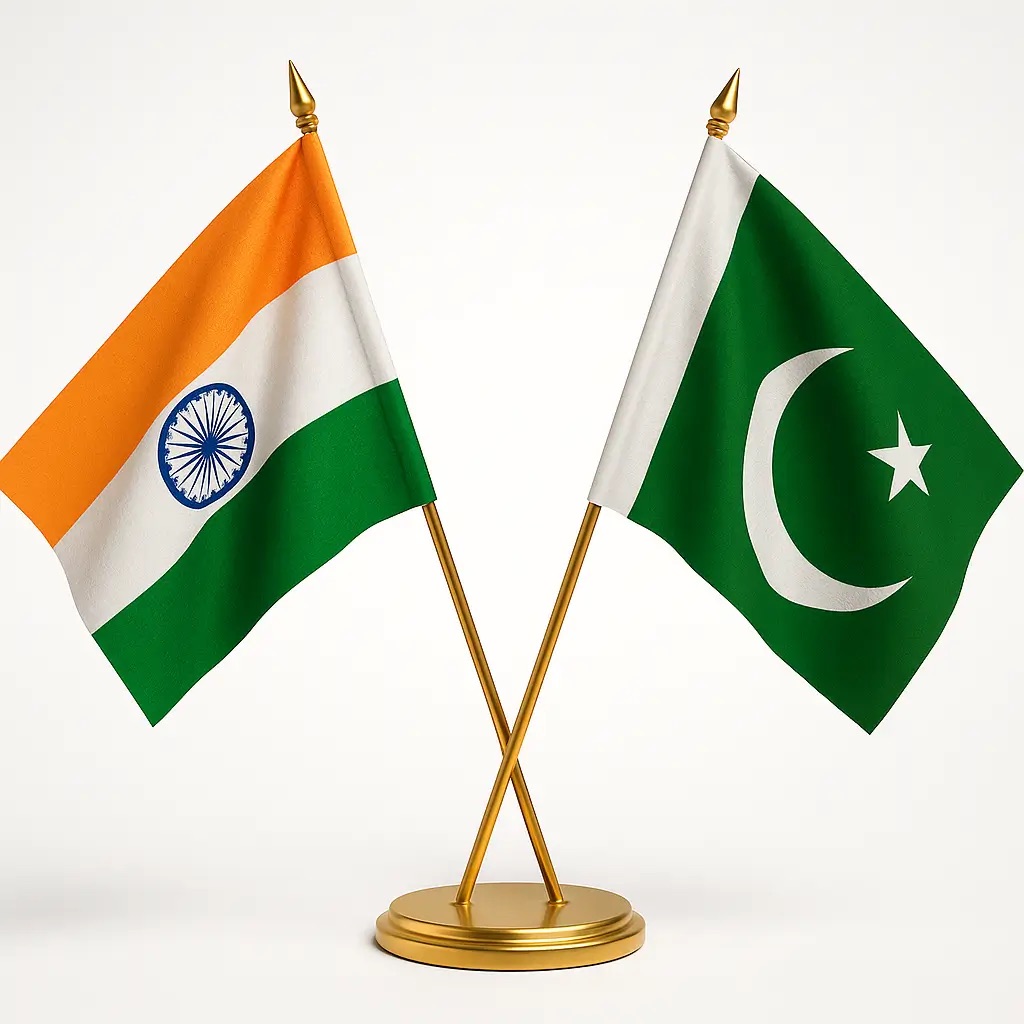How Is It Possible That India Is Taking Revenge in Pakistan Now?
In the long, bitter history between India and Pakistan, revenge has never been just about battlefield confrontations. Over the years, both nations have engaged in psychological, political, and covert operations aimed at hurting each other’s interests without officially going to war. But now, there’s rising speculation—especially in Pakistani circles—that India may be executing a quiet form of revenge right inside Pakistan.
Is it true? How is it happening? Let’s break it down.
A New Era of Covert Strategy
In today’s geopolitical climate, traditional warfare is becoming less common. Instead, countries like India and Pakistan engage in hybrid warfare, which combines cyber tactics, intelligence operations, proxy warfare, and economic disruption.
From Surgical Strikes to Cyber Ops
After the 2016 Uri attack, India responded with what it called surgical strikes inside Pakistan-administered Kashmir. That moment marked a clear shift: India was ready to go beyond words.
Now, there are whispers of a quieter, deeper revenge strategy—targeting Pakistan’s internal weaknesses, and operating below the threshold of open conflict.
Signs That India May Be Striking Back Quietly
The idea that India might be taking revenge in a new form isn’t based on imagination alone. Multiple indicators are pointing toward this new trend:
1. Baluchistan Unrest – A Burning Fuse
Baluchistan has long been a thorn in Pakistan’s side. But over the past few years, insurgency has intensified. From bomb blasts to attacks on Chinese investments, chaos has grown—and Pakistan’s officials often hint that India’s intelligence agency RAW is backing these movements.
While India denies involvement, the timing and scale of the events raise important questions. Is India fueling these fires as strategic payback for cross-border terrorism it accuses Pakistan of supporting?
2. Economic Pressure Through Diplomacy
India has strengthened its ties with Gulf countries and Western powers, isolating Pakistan on several diplomatic fronts. In forums like FATF, India has pushed hard to highlight Pakistan’s alleged links with terrorist groups—making it harder for Pakistan to escape global scrutiny.
This kind of pressure isn’t a direct strike, but it’s a smart form of economic revenge—choking funding and blocking development.
3. Counter-Terror Operations & Intelligence Leaks
From time to time, Indian media receives high-level intelligence leaks about terrorist camps or ISI activities. These leaks are designed to damage Pakistan’s image internationally. Some analysts say these revelations aren’t just about defense—they’re strategically timed moves to put Pakistan on the back foot.
A War of Narratives
In today’s world, perception is power. And India has been winning the narrative war globally—branding Pakistan as a sponsor of terrorism, especially after incidents like Pulwama.
Soft Power vs. Shadow Games
While India pushes its tech, culture, and democratic image abroad, it also uses media, films, and diplomacy to paint Pakistan in a corner. On the flip side, Pakistan struggles to respond with equal global reach.
This psychological warfare is a slow-burning form of revenge—eroding Pakistan’s credibility on the world stage.
Revenge Without a Bullet Fired?
India’s possible revenge isn’t coming with tanks or missiles. It’s coming through:
Cyber intrusions into government databases Covert funding of insurgent groups Intelligence black ops Diplomatic isolation Global image manipulation
In essence, it’s the war you never see coming.
Pakistan’s Response – Denial or Counter?
Pakistan’s establishment strongly denies Indian involvement in internal unrest, often calling such claims “fabricated” or “misleading.” But behind closed doors, the country’s military and intelligence are quietly reinforcing sensitive borders, increasing surveillance, and rethinking alliances.
There’s growing concern that if this silent war escalates, it might spill over into open conflict—something both nuclear-armed nations want to avoid.
Is Revenge Justified or Dangerous?
Many experts argue that India’s response is defensive, not offensive—especially after decades of cross-border terrorism blamed on Pakistani soil. However, critics warn that revenge, even covert, can spiral out of control.
Any miscalculation could ignite full-scale war, especially if a high-profile strike or covert action is exposed.
Final Thoughts – The Real Danger Lies in the Shadows
Whether India is truly carrying out revenge inside Pakistan is still debated. But one thing is clear: the battlefield has changed.
No longer do we see soldiers lined up at borders—today’s wars are digital, economic, and psychological. And in that world, India seems to be silently and systematically making moves that hurt Pakistan’s core.
As this shadow war grows darker, both nations must tread carefully. The real battle now is not about borders—it’s about influence, stability, and survival in an unstable region.

